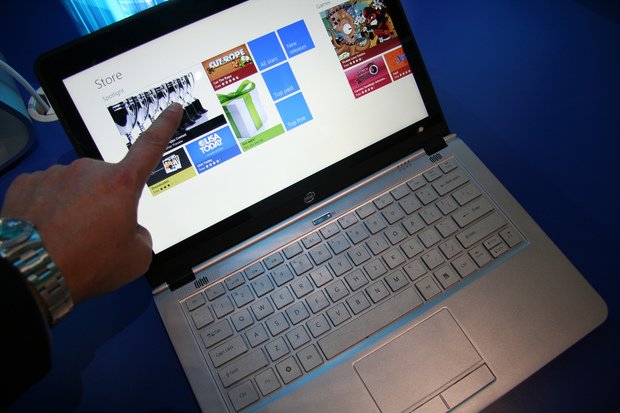E-commerce expanding in Russia
Almost half of Russians shop online, domestically or cross-border
Rising internet penetration is fuelling the electronic commerce in Russia: the market is adding 13% a year. This year, about 50 million Russians will order products and services online. Mostly, they buy electronics, clothing and household appliances.
The Russian e-commerce market is expected to grow by 13% and total 15,9 billion euros in 2018, says Ecommerce News citing a report by Ecommerce Foundation. Last year, the market was worth over 14 billion euros, which was also a 13% increase compared to the previous year. The result is slightly higher than the estimate given by Russian Post and the Association of Internet Trade Companies in September 2017.
The number of Russian people who shop online continues to increase. In 2015, over 38,6 million Russians (37%) made online purchases, while this year, online shopper penetration is expected to reach 47%, so 50 million people will order products and services online. Over half of them (56%) shop both domestically and cross-border. Almost a third (30%) of all online customers order products and services only from Russian retailers, and 14% always shop cross-border. For Russians, Chinese Alibaba Group is the leading online retailer with the largest number of unique visitors, followed by Yandex, Ozon.ru and M.video.

Electronics, clothing and household appliances are among the most popular products that consumers order online. In terms of turnover, the leaders are household appliances & electronics, clothing & footwear and computer, notebooks & computer parts.
According to a consumer survey conducted by Statista market data provider in 2017, 76% of respondents used online stores in the four weeks prior to the survey. This is higher than the number of people who used video websites or social media apps during the same period. Almost 60% of respondents have conducted online payments to pay for their online purchases in the last twelve months.
Earlier, Morgan Stanley predicted the emergence of a dominant online retailer in the country by 2020, saying that Russia was ''at an inflection point''. The analysts assumed that the market would develop according to a Chinese scenario (a marketplace model). A joint enterprise of Yandex and Sberbank named Beru or an alliance of Mail.Ru Group and Alibaba Group could win the leadership. Morgan Stanley estimated that a future leader might control up to 60% of the market in case of favourable financial conditions for suppliers and considerable investments in logistics.